Training can help journalists survive captivity
Two murdered journalists for the Africa service of Radio France Internationale, Ghislaine Dupont, 51, and Claude Verlon, 58, might have had a chance. They were abducted on November 2 in Kidal in northern Mali, but the vehicle their captors were driving suddenly broke down, according to news reports.
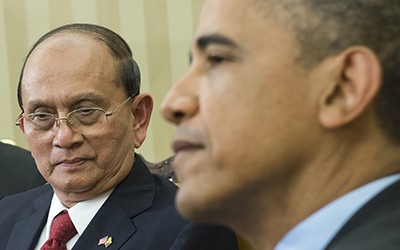
Premature praise for Burma’s press reforms
Burmese President Thein Sein made a historic visit to the White House on May 19, the latest in a series of high-level symbolic exchanges between the two nations. While Thein Sein has been regularly commended by U.S. officials for his broad democratic reform program, President Barack Obama’s praise this week overlooked a significant backtracking on…
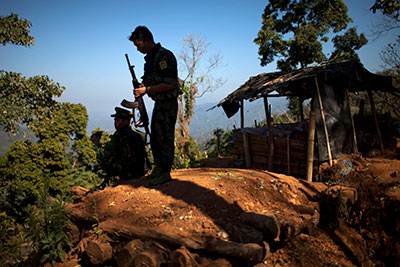
As censorship wanes, cyberattacks rise in Burma
Cyberattacks on news websites and apparent government hacking into journalists’ email accounts have raised new questions about the integrity of media reforms in Burma. The New York Times reported on Sunday that several journalists who regularly cover Burma-related news recently received warning messages from Google that their email accounts may have been hacked by “state-sponsored…

Yamamoto’s death reflects Japan’s media reach, duty
My colleagues and I were saddened to learn of the death of Mika Yamamoto, a Japan Press video and photo journalist who was killed while covering clashes in Aleppo, Syria, on Monday. The moment was all the more poignant because of the similarities with two other Japanese journalist fatalities: Kenji Nagai of APF News in…
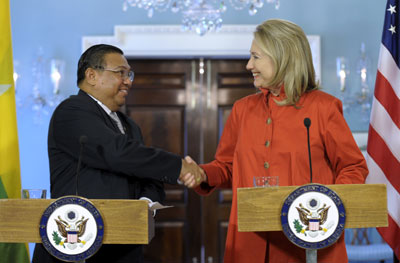
Sorting out sanctions, censorship, sincerity in Burma
On Thursday, the United States rolled back prohibitions against American companies doing business in Burma. The announcement marked the latest diplomatic reward given to President Thein Sein’s quasi-civilian government for initiating reforms in what has historically been a military-run country. In making the announcement, U.S. Secretary of State Hillary Clinton said the democratic changes initiated…

Most censored nations each distort the Net in own way
One big reason for the Internet’s success is its role as a universal standard, interoperable across the world. The data packets that leave your computer in Botswana are the same as those which arrive in Barbados. The same is increasingly true of modern mobile networks. Standards are converging: You can use your phone, access an…
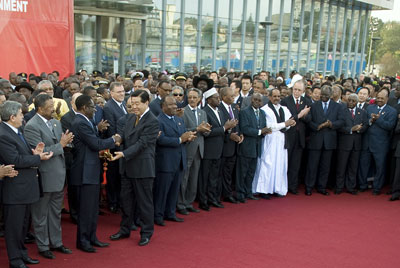
China not most censored, but may be most ambitious
China didn’t make the cut for our 10 most censored countries. While the Chinese Communist Party’s censorship apparatus is notorious, journalists and Internet users work hard to overcome the restrictions. Nations like Eritrea and North Korea lack that dynamism.
Wary about Burma? So are others
Amid the rush to see changes in Burma as an inexorable move toward full democracy–Aung San Suu Kyi’s electoral victory over the weekend is certainly cause for hope–CPJ has maintained a healthy skepticism about media reform in Burma. Shawn Crispin’s “In Burma, press freedom remains an illusion,” posted on Friday, is the most recent example…
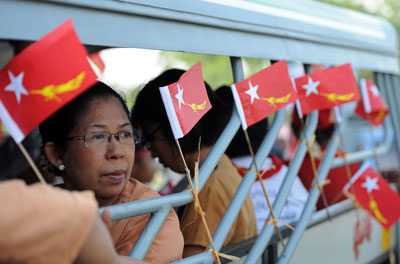
In Burma, press freedom remains an illusion
Just ahead of this weekend’s highly anticipated Burma by-elections, opposition icon Aung San Suu Kyi today denounced the vote as not “free and fair.” Indeed, Thein Sein government’s harassment of opposition media in the run-up to the polls raises disturbing questions about the country’s reputed new democratic direction after decades of repressive military rule.
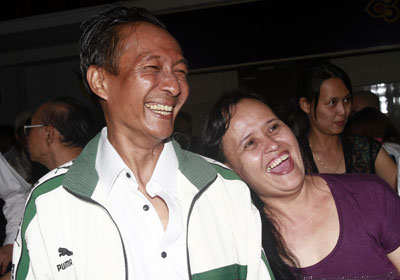
Freedom with limits in Burma
When President Thein Sein pardoned over 300 political prisoners last week in Burma, CPJ reported that at least nine journalists were among those released. Since then, the exile-run Democratic Voice of Burma (DVB) has announced that all of its jailed reporters, including a group of eight who had remained anonymous, are now free.